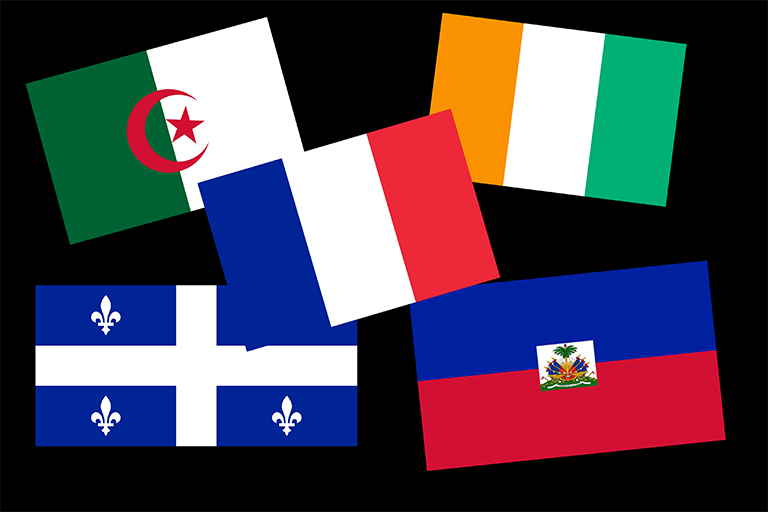
Elementary French I
Introduction to French language and selected aspects of French civilization and culture.
Learn more about this course
Introduction to French language and selected aspects of French civilization and culture.
Learn more about this course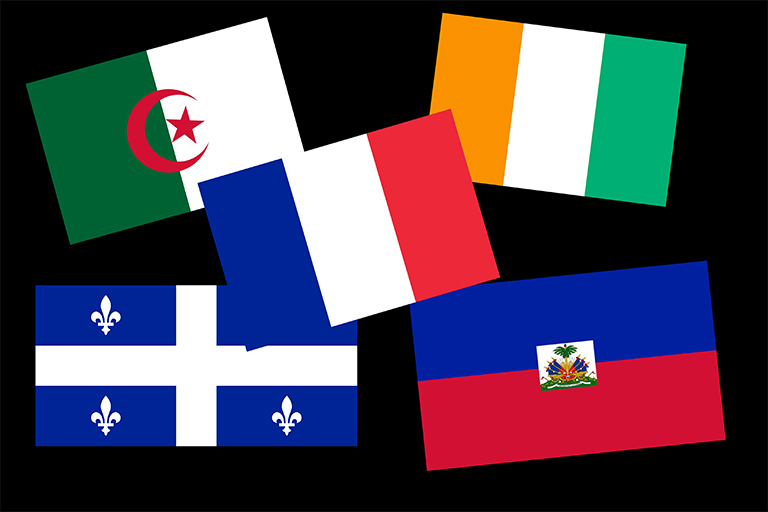
An accelerated treatment of material covered in both F100 and F150 designed for superior students and students with previous training in another foreign language.
Learn more about this course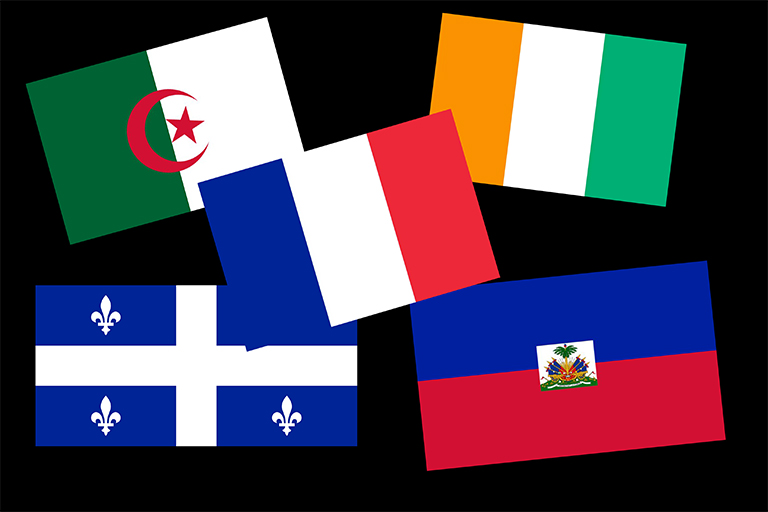
Basic structures of the French language and selected topics of French civilization and culture.
Learn more about this course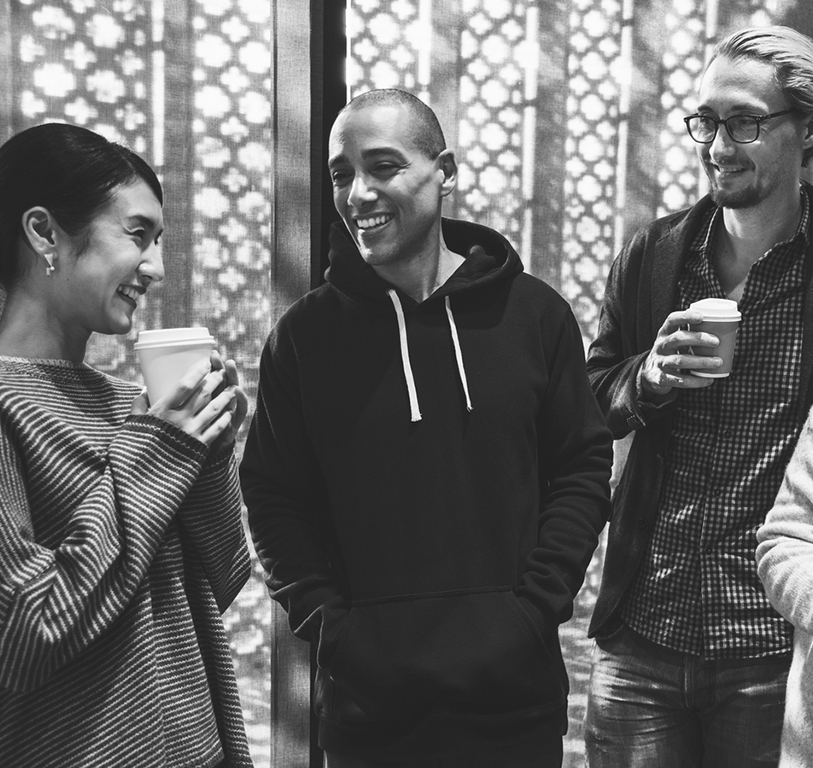
This companion course to F150 gives beginning students the opportunity to practice conversational French in a relaxed setting with peers.
Learn more about this course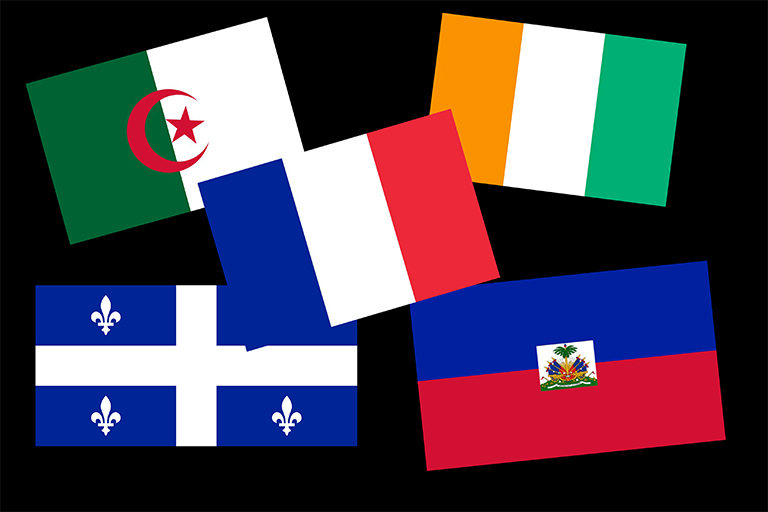
Grammar, composition, conversation coordinated with the study of cultural texts.
Learn more about this course
This companion course to F200 gives intermediate students the opportunity to practice conversational French in a relaxed setting with peers.
Learn more about this course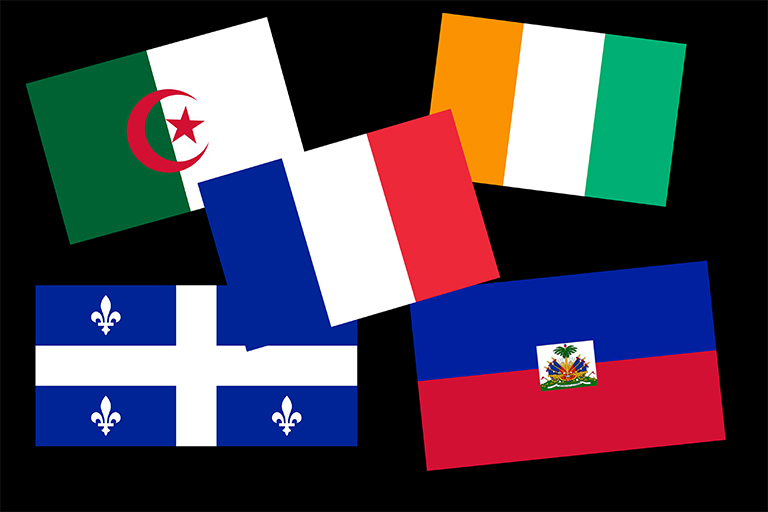
Grammar, composition, conversation coordinated with the study of cultural texts.
Learn more about this course
This companion course to F250 gives intermediate students the opportunity to practice conversational French in a relaxed setting with peers.
Learn more about this courseThis course builds students’ understanding of advanced aspects of French grammar and their facility in applying them to written and oral expression. It is designed to build upon the intermediate student’s existing knowledge of French grammar and develop a more sophisticated mastery of advanced structures.
Learn more about this course
Discover the nature of sounds and sound systems, including how they are structured and how they differ between dialects of French, and also improve your pronunciation and communication skills. One lecture section and one drill section comprise this French course.
Learn more about this course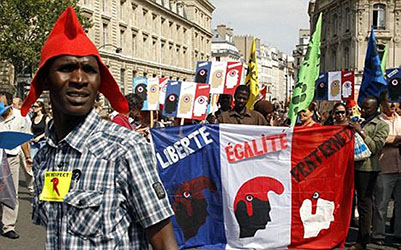
In this experimental course, we will read these seven tales and their translations as an introduction to literary translation, which is both an academic discipline and a métier.
Learn more about this course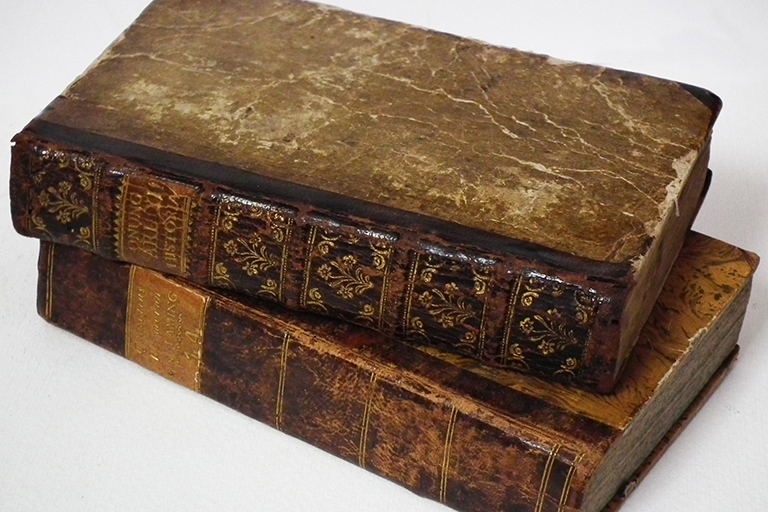
For students preparing an honors project to receive a degree with departmental honors in French.
Learn more about this course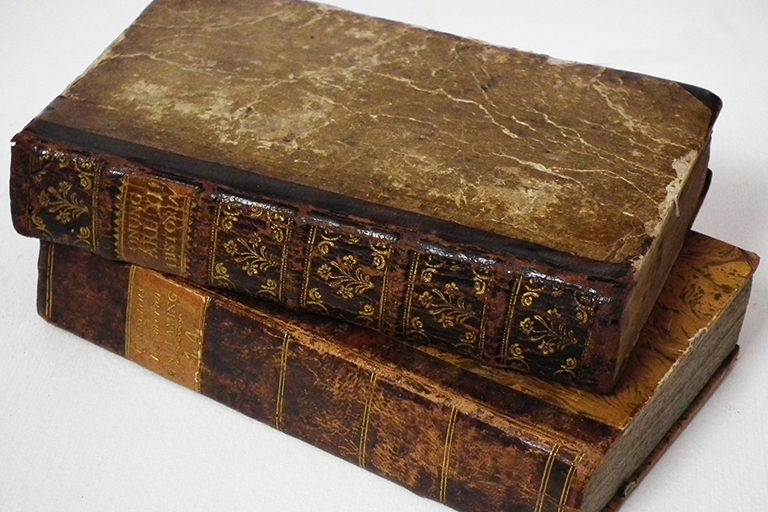
For students preparing an honors project to receive a degree with departmental honors in French.
Learn more about this course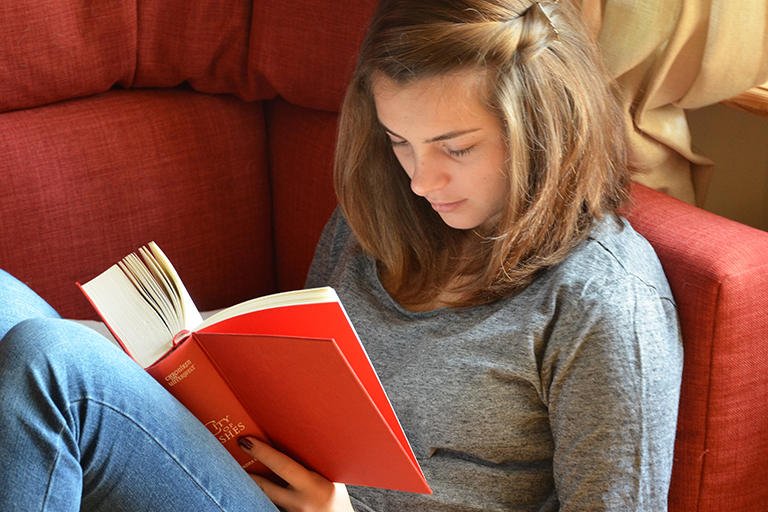
Independent study on a specific topic not taught in one of this semester's regular courses.
Learn more about this course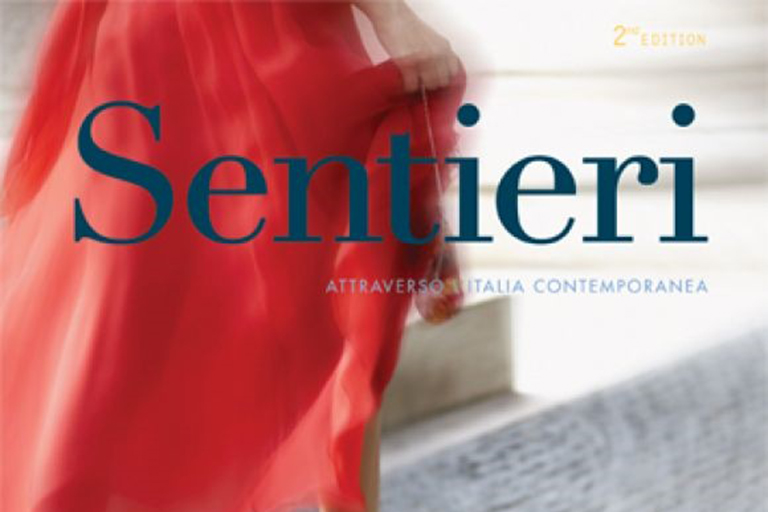
Introduction to contemporary Italian language, geography, and culture. Involves a broad variety of assignments and activities that develop grammatical competency and proficiency in listening, speaking, reading, and writing.
Learn more about this course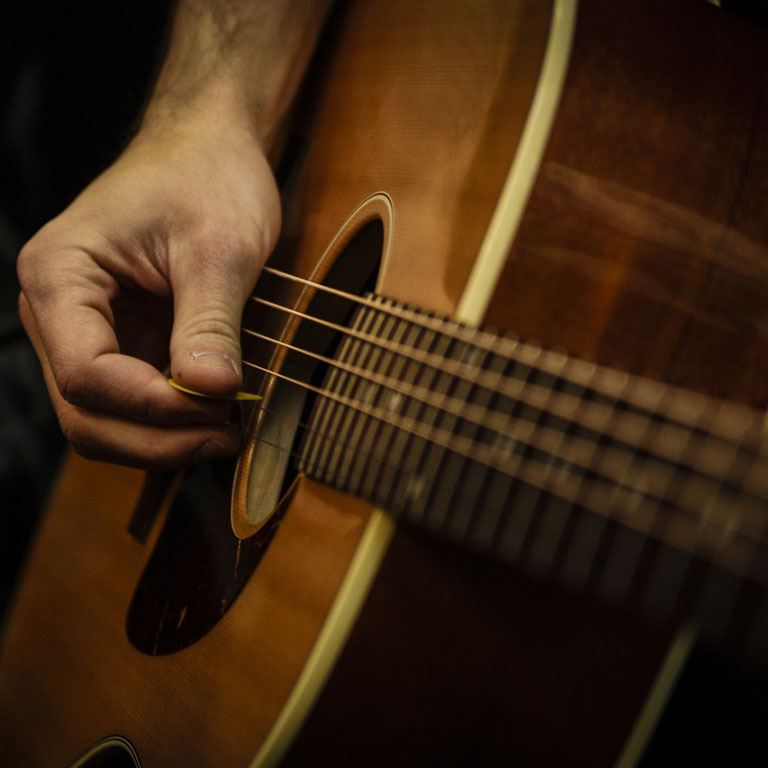
This intensive beginning course covers the material of two semesters in one (M100 and M150) and focuses on learning the language through an exploration of music, from opera to hip hop.
Learn more about this course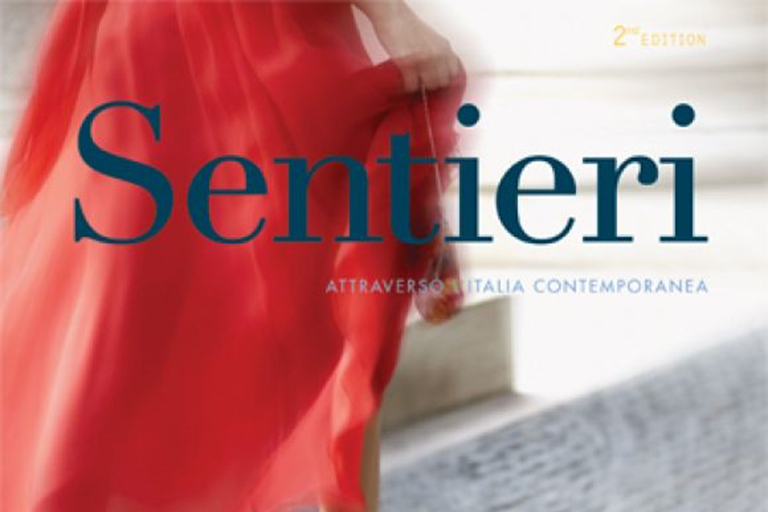
Continued introduction to contemporary Italian language, geography, and culture. Involves a broad variety of assignments and activities that build grammatical competency and proficiency in listening, speaking, reading, and writing.
Learn more about this course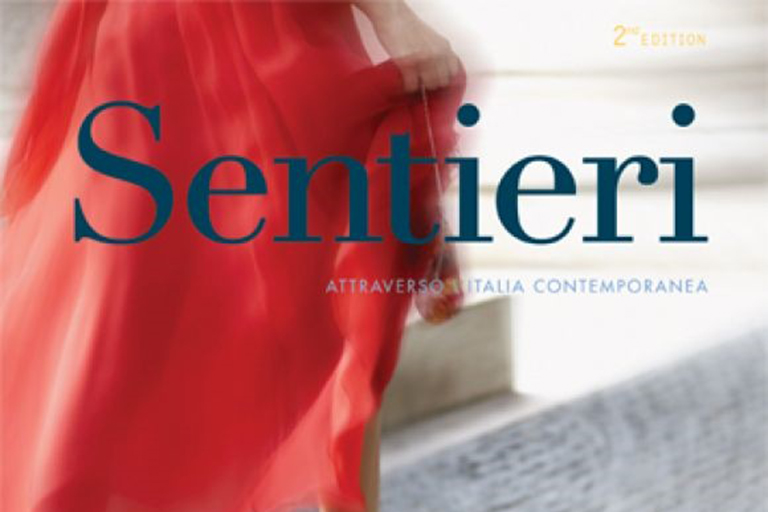
This course is a continuation of Elementary Italian II. In class the students concentrate on reviewing and refining structures learned at the 100-level, but this time at an intermediate level. During the semester students are involved in a variety of tasks practicing speaking, writing, listening and reading in cultural context.
Learn more about this course
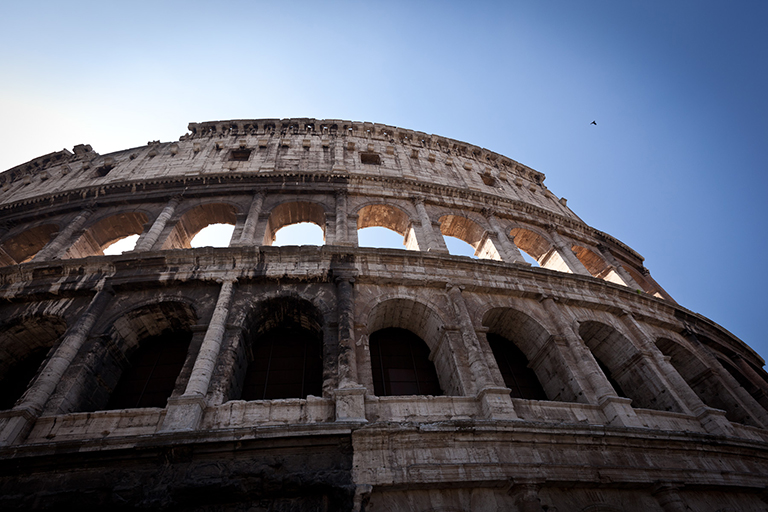
This intensive intermediate-level Italian course covers the material of two semesters in one (M200 and M250). The course builds upon the first three semesters of beginning Italian (or equivalent) adding the unique feature of short films as the first stimulus for learning intermediate-level vocabulary, grammar, and cultural concepts.
Learn more about this course
This second-year Italian course meets three times a week and builds upon the first three semesters of beginning and intermediate Italian (or equivalent).
Learn more about this course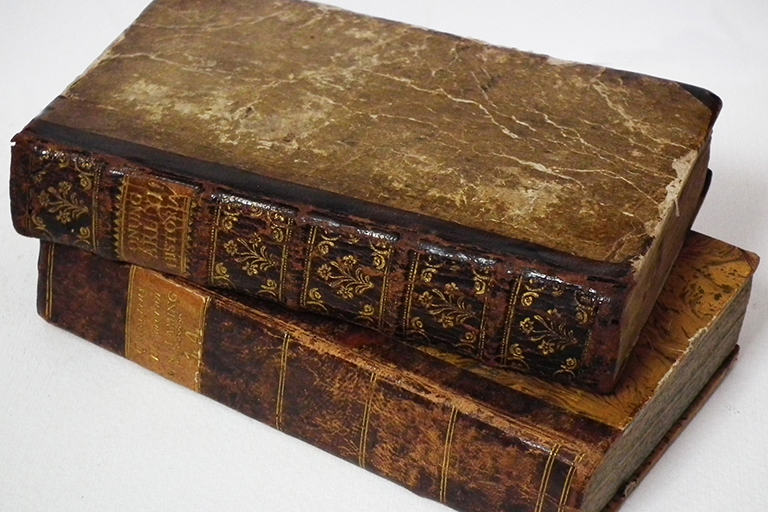
For students preparing an honors project to receive a degree with departmental honors in Italian.
Learn more about this course
Independent study on a specific topic not taught in one of this semester's regular courses.
Learn more about this course